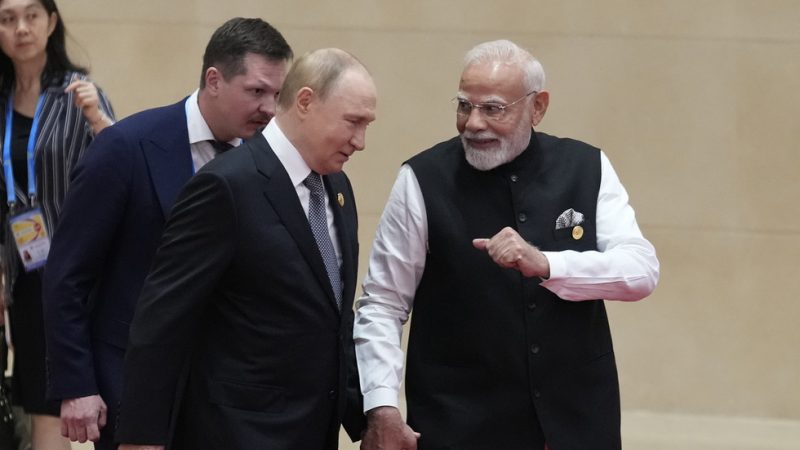
India’s unwavering commitment to purchasing Russian oil, despite international pressure, has been reaffirmed by Finance Minister Nirmala Sitharaman. In a recent interview with Network18, Sitharaman explicitly stated that India’s oil procurement decisions are solely based on its economic interests, not on external influence. This policy prioritizes securing the best rates and logistics for a crucial import commodity, which accounts for a significant portion of India’s foreign exchange spending.
This stance underscores India’s determination to maintain its energy independence and secure affordable oil supplies. Since the escalation of the Ukraine conflict in February 2022, Russia has become a major supplier, providing almost 40% of India’s crude oil imports. Indian refiners leverage discounted Russian oil, process it, and then export refined fuels to Europe, establishing India as a key player in the global energy market.
This strategic approach has, however, drawn criticism from the United States. The US has imposed tariffs on Indian products, citing India’s oil and defense purchases from Russia as a contributing factor to the Ukraine conflict. These tariffs, including a 25% duty announced in early August followed by an additional 25% later, are presented as a penalty for India’s actions. US Commerce Secretary Howard Lutnick even predicted India would eventually succumb to US pressure. He emphasized the US’s economic might, stating that its $30 trillion economy makes it the world’s ultimate consumer.
This viewpoint, however, contrasts sharply with the Indian government’s position. The country’s approach seems to indicate a willingness to navigate complex geopolitical dynamics while prioritizing its national economic interests. Former US President Donald Trump also weighed in, expressing on Truth Social that the US seems to have lost India and Russia to China. The situation highlights the evolving dynamics of global energy markets and the challenges of balancing economic priorities with geopolitical considerations.









